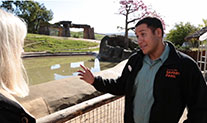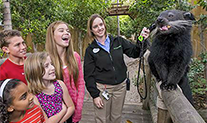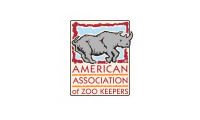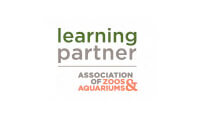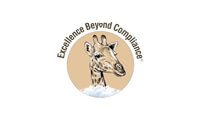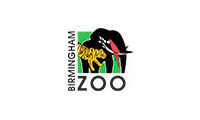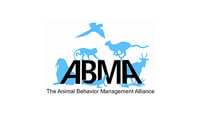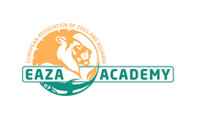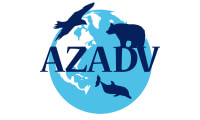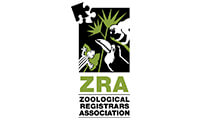Academy Courses
The courses available to Academy members cover a wide variety of topics. While geared towards professionals in the zoological industry, they are also relevant and effective for students, volunteers and individuals seeking to begin a career in the zoology, veterinary or conservation fields.
INDIVIDUAL SUBSCRIPTIONS
$250 per year Includes access to all Academy courses and Animal Species Courses (Safe Capture not included).
Please email us at sdzwaacademysales@sdzwa.org for more information or to register.
TEAM AND ORGANIZATION SUBSCRIPTIONS
Please email us for rates and options at sdzwaacademysales@sdzwa.org. Our team of dedicated representatives will get back to you ASAP!
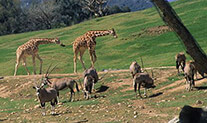
Animal Welfare General
Adapted from the two-hour Animal Welfare – Professional Series course, this one-hour course presents general information about four important animal welfare topics.
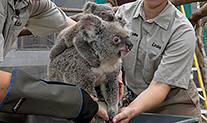
Animal Welfare Professional
Students will learn the basics of animal welfare as a science, including its definition, some of the history of animal welfare law, and the significant differences between animal welfare and animal rights.

Animal Welfare Short Course
This fast-paced, 20-minute course is designed to equip non-animal care staff with key information on the subject of animal welfare.
Complete the 13 courses in this section to earn the Animal Care Fundamentals Series Certificate.
Animal Care Course Prerequisites
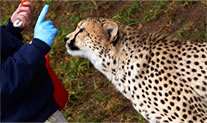
Fundamentals of Animal Learning
Working with San Diego Zoo experts, you will learn about animal behavior and how to apply this knowledge to improve animal care and management in a way that standardizes recording and management of this behavior.

Regulations and Inspection Readiness
Be a part of ensuring that your zoological organization meets the rigorous government standards necessary for its operations by learning basic regulations and inspection-readiness practices.
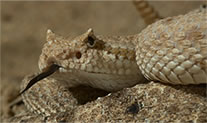
Working Safely with Dangerous Animals
You will discover the industry standards for keeper training and safety when working with dangerous species.

Zoonotic Disease
West Nile virus, swine flu, avian flu: zoonotic diseases are a real and present danger whose spread can be prevented through the application of basic disease prevention skills.

Enfermedades Zoonoticas
El virus de West Nile, swine flu, influenza aviaría: enfermedades zoonoticas son un peligro verdadero donde la contaminación se puede prevenir a travez de la aplicación de conocimientos básicos de la prevención de enfermedades.

Disaster Preparedness
Is your park prepared for the next disaster? This course will help you be better prepared for an emergency situation including the most common catastrophes, fires and floods.

Trust-Based Animal Training-Elephants
Learn from San Diego Zoo Global animal behavior experts how to manage elephants in a modern trust- based system.
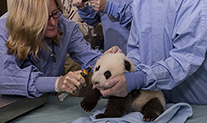
The Ethics of Animal Care
This course is designed to help animal care workers and others to better understand the role of ethics in their daily professional activity.

Introduction to Enrichment
The class establishes the components of an enrichment program, the approval process, and questions that should be considered before the provision of any enrichment.

Animal Nutrition
You will learn about animal nutrition and apply the knowledge gained to solve a dietary challenge facing a San Diego Zoo elephant.
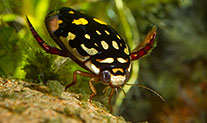
Environmental Systems
Many of the animals exhibited in zoos and aquariums have very specific environmental requirements that must be met. The course will explore the unique requirements of several types of animals.
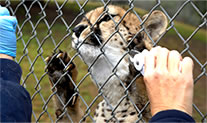
Operant Conditioning and Behavior Management
You will learn how behavior-management techniques can improve care of animals.

Safe Handling and Restraint
The class focuses on standard techniques for the safe handling and restraint of small mammals, birds, reptiles and invertebrates, that are most often encountered by animal care workers in their first few years.

Zoological Record Keeping
You will learn the best practices in animal care record keeping including standard abbreviations, animal identification systems, report generation, and a list of record types every accredited facility should maintain.

Wildlife Ambassador Management
This course explores the special roles wildlife ambassadors play in zoos and aquariums. The course will help students better understand the considerations for successfully managing the organization's wildlife ambassadors.

Animal Welfare Professional
Students will learn the basics of animal welfare as a science, including its definition, some of the history of animal welfare law, and the significant differences between animal welfare and animal rights.

Habitat Design
This course was designed by two experienced zoo architects with a single goal of familarizing the student with the planning, design and construction steps that are common in the building of a new habitat.

Exploring Taxonomy and Systematics
This is the companion course to the Population Biology course. It is an important resource for any animal care professional interested in conservation and participating in a Species Survival Plan (SSP) or for maintaining a Stud Book.
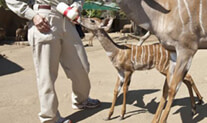
Neonate Mammal Care
Discover the importance and value of developing a Birth Management Plan pre-birth. Post-birth, a Feeding Plan will help you understand how to make the many daily calculations required by every assisted care neonatal mammal.

The Science Supporting Breeding and Transfer Plans
Participants will learn the structure of an AZA Breeding and Transfer Plan, the science behind the management of cooperative breeding programs, as well as the reasoning behind recommended breeding pairs and animal transfers.
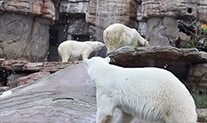
Emergency Recall
An emergency recall response must produce the desired behavior of an animal exiting their habitat immediately, 100% of the time. This series will provide a broad review, including an overview, and five successful case studies.

Module 1: Why Study Animal Behavior?
The first course in the series will give an overview of behavior, highlight the many reasons to study animal behavior, the history behavioral research, and highlight the many different fields that study animal behavior.

Module 2: Application of Animal Behavior Research in Zoos and Aquariums
This course will provide an overview of many different uses of animal behavior in a zoological setting including the ability to examine indicators of animal welfare.
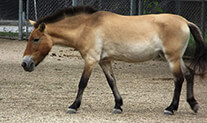
Module 3: Experimenter, Observer, and Sampling Bias
This course will give an overview of different types of bias that can impact a study on animal behavior.
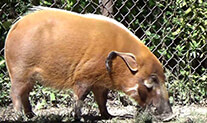
Module 4: Reliability and Validity
This course will help ensure that the data you collect in animal behavior research is repeatable, consistent, and actually measures the features of a target behavior.

Ending Extinction Basics: Module 1
Participants will discover what defines extinction, the causes of extinction, and why species become vulnerable to extinction, as well as learn about conservation strategies that can help slow and, it is hoped, stop the extinction crisis.

Ending Extinction Basics: Module 2
Participants will discover how the International Union for Conservation of Nature (IUCN) Red List identifies and monitors the status of species; the role of governmental regulations and AZA-accredited zoos and aquariums, and more.
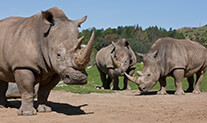
Rhino Tissue Preservation
Field Conservation Training: Using the supplies in a kit provided by the Institute for Conservation Research, in-country field workers will learn the step-by-step process for the collection, preparation and preservation of rhinoceros oocytes.

Plant Conservation
This course will feature a variety of current efforts to protect and conserve plants around the world and how San Diego Zoo Global, the Center for Plant Conservation, and individuals like you are helping to end plant extinction.
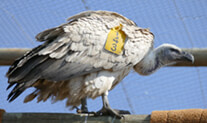
Saving South African Vultures
Learn how San Diego Zoo Global Safari Park bird keepers contribute to vulture conservation fieldwork in South Africa, how the program started, and future conservation possibilities for AZA institutions.
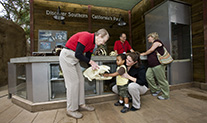
Interpretation Basics: Module 1
For guides, rangers, docents, naturalists, and interpreters. Whatever your job title, Interpretation Module 1 will show you how to apply the interpretive techniques that are most effective for each member of your audience.

